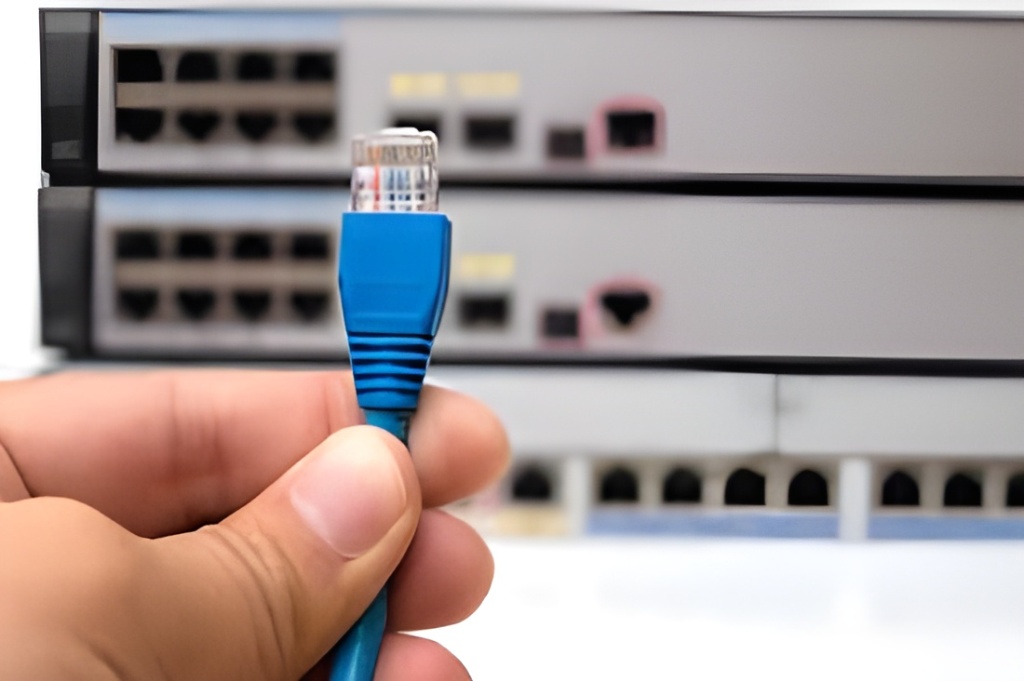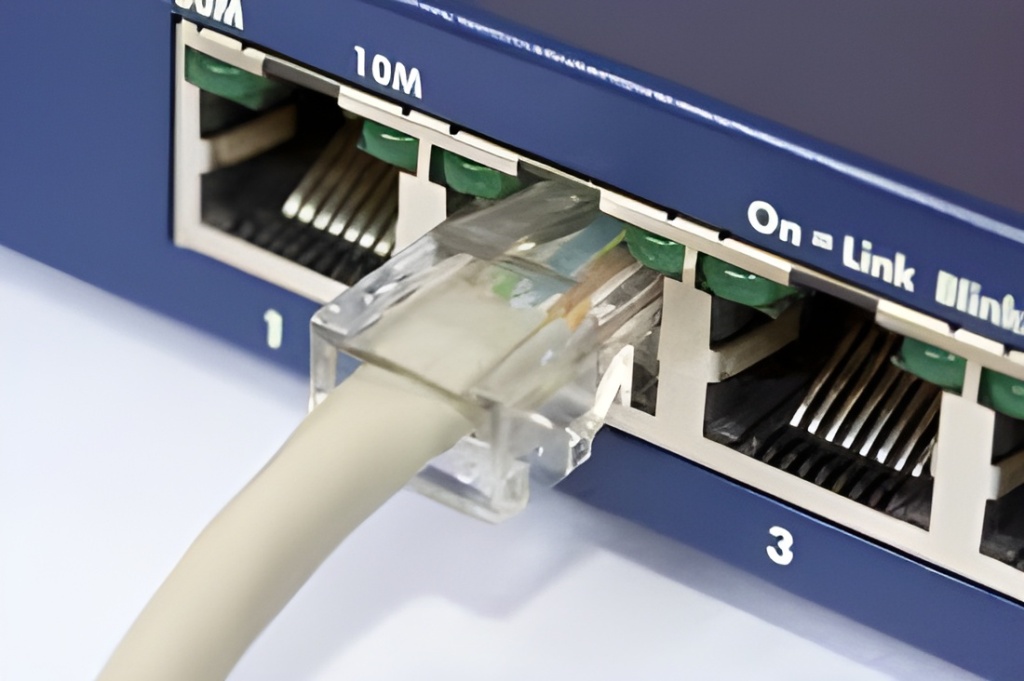Internet vs Ethernet port is an essential component of network connectivity in Dubai, UAE, and globally. The Internet port connects your device to the vast World Wide Web, while the Ethernet port establishes a local wired connection. While the Internet vs ethernet port enables access to online resources, Ethernet ensures fast and reliable communication within a local network. Understanding the differences between these two ports is crucial for optimizing network performance in the dynamic landscape of Dubai and the UAE.
I. Internet vs Ethernet on Router

1. Internet vs Ethernet: A Quick Comparison
- Internet vs ethernet port is a broader term encompassing various connection types, while Ethernet refers specifically to a wired connection.
2. Internet Connection Types
- The Internet vs ethernet port can be accessed through various means such as Wi-Fi, DSL, cable, and fiber-optic connections.
3. Ethernet Port: Wired Reliability
- Ethernet offers a stable, high-speed connection with lower latency, making it ideal for gaming and streaming.
4. Internet Connectivity: Wireless Convenience
- Internet vs ethernet port options like Wi-Fi provide flexibility, allowing you to connect multiple devices wirelessly.
5. Ethernet vs Internet for Speed
- Ethernet typically provides faster and more consistent speeds compared to various internet connection types.
6. Internet Accessibility
- The Internet vs ethernet port is widely available, but Ethernet requires physical ports and cables for each device.
7. Ethernet for Network Security
- Ethernet connections are generally more secure as they are not susceptible to wireless eavesdropping.
8. Internet vs Ethernet: Your Choice
- The choice between an Internet vs Ethernet port depends on your specific needs, considering speed, reliability, and security.
II. Ethernet Internet Connection

- Faster speeds: Internet vs ethernet port is typically faster than Wi-Fi connections, especially when there are a lot of devices on the network.
- More reliable connections: You’re less likely to have dropped connections with Ethernet connections since they are less susceptible to interference than Wi-Fi connections.
- Lower latency: Ethernet connections have lower latency than Wi-Fi connections, which means that there’s less delay between when you send a request and when you receive a response. This is crucial for applications like gaming where latency can be a major issue.
- Online gaming: For online gaming, Ethernet connections offer a quicker, more dependable connection that can help you play faster and have a better overall experience.
- Streaming video: Ethernet connections are also ideal for streaming video, as they can provide the high speeds and low latency needed to deliver a smooth, uninterrupted viewing experience.
- File sharing: If you need to transfer large files between devices, an Ethernet connection can provide the fastest speeds available.
- Working from home: If you work from home and need a reliable connection for video conferencing or other work-related tasks, an Ethernet connection is the best option.
III. Ethernet vs Internet Speed

1. Speed Potential:
- Ethernet: Offers higher speed potential, often up to 1 Gbps or more.
- Internet: Speeds vary, with many factors affecting performance, typically ranging from 10 Mbps to 1 Gbps.
2. Reliability:
- Ethernet: Highly reliable with minimal interference.
- Internet: Susceptible to interference and signal strength issues.
3. Lag and Latency:
- Ethernet: Low lag and latency, ideal for online gaming and real-time applications.
- Internet: Can experience higher lag and latency, impacting online gaming and video conferencing.
4. Distance:
- Ethernet: Limited by cable length, typically up to 100 meters.
- Internet: Wireless signals can cover greater distances but may weaken with distance from the router.
5. Cost:
- Ethernet: Initial setup cost for cables and equipment but often more cost-effective over time.
- Internet: Typically lower initial cost but can be pricier for higher-speed plans.
6. Use Case:
- Ethernet: ideal for stationary gadgets like game consoles and desktop PCs.
- Internet: Ideal for mobile devices, laptops, and areas with limited cable access.
7. Wired vs Wireless:
- Ethernet: Wired connection using Ethernet cables for faster and more stable speeds.
- Internet: Typically wireless (Wi-Fi) or cellular, which can be slower and less consistent.
A. Is Ethernet Cable Faster Than Wifi?
Indeed, WiFi is not as fast as Ethernet cable. Ethernet connections can support speeds of up to 10 Gbps, while WiFi speeds are limited to 2.4 Gbps. This means that Ethernet can be up to 4 times faster than WiFi. Ethernet also has lower latency than WiFi, which makes it a better choice for gaming and other applications where low latency is important.